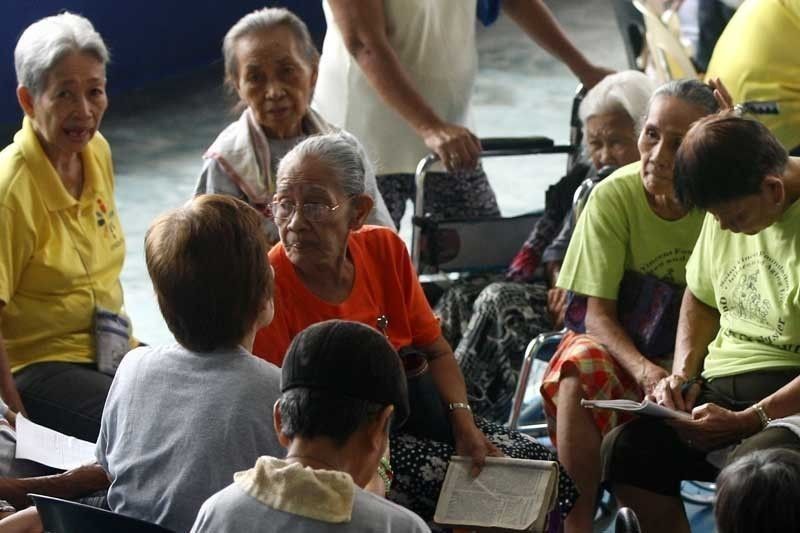Filipinos’ retirement savings lowest in Asia — Manulife survey

MANILA, Philippines — Filipinos have set aside only 3.6 months’ worth of personal savings for their retirement, the lowest among eight countries in Asia, according to a survey conducted by Manufacturers Life Insurance Co. (Manulife).
Results of the 2018 Manulife Investor Sentiment Index (MISI) showed that most Filipinos lack preparation for their retirement, as respondents of the survey only have an average retirement savings to last them for 3.6 months.
Melissa Henson, senior vice president and chief marketing officer for Manulife Philippines, said the country lags behind the seven other markets included in the survey, namely Hong Kong, China, Taiwan, Singapore, Malaysia, Thailand and Indonesia.
On average, Asian investors have enough retirement savings for around 2.9 years. Investors in Taiwan have the higher retirement savings, which is equivalent to 4.5 years.
Henson said the low retirement savings of Filipinos may stem from the belief that their family members would support them during this period.
“I think at the heart of this is really, as a culture, we’re very family-oriented, which is a good thing and our strength as a Filipino. But what we found in our survey called ‘Aging Asia’ that we did three years ago, was that the Philippines actually ranked the highest in terms of expectation that a family member will help support a family member during his or her retirement,” Henson said.
Henson also cited another MISI survey conducted in 2016, which showed that even some millennials expect to receive support from their children or aging parents when they retire.
According to Henson, this financial expectation resulted in a wide gap between Filipino’s current and ideal retirement savings, which averages at over P4 million across all age groups.
In addition, Filipinos believe that savings equivalent to 2.1 years’ worth of personal income would be enough for retirement, the lowest expectation in the region. She said the ideal savings level for Filipinos should be at least 10 years.
“Assuming you will retire at 60, the average life expectancy in the Philippines is close to 70 years old. So that’s at least 10 years of life expectancy beyond retirement. That’s the minimum that we should save for,” she said.
Meanwhile, Henson said 84 percent of the Filipino respondents in the survey said they are looking to continue working after their retirement, either on a full-time or part-time basis.
About 66 percent of the respondents said this is to keep them busy and occupied, 65 percent said this would be good for their physical and mental health, and 63 percent said they would like to pursue their interests and to enjoy life.
Meanwhile, 59 percent of respondents said they expect to keep working beyond retirement due to financial considerations, such as maintaining or improving their living standards.
According to MISI, there is strong interest among those 50 years old and above to pursue digital work, either on a full-time or part-time basis.
Another part of the survey showed that the Philippines ranked third among eight countries in terms of the number of investors working in digital jobs.
Manulife said 19 percent of Filipino investors already work in full-time digital jobs, while 34 percent participate in this kind of activity on a part-time basis. This is higher than the Asian average of 14 percent for full-time and 30 percent for part-time digital jobs.
Despite this, Henson said Filipinos should still learn how to save and invest to prepare themselves for retirement.
“Digital transformation provides more job opportunities, flexibility, and options for Filipinos to bridge the retirement savings gap. However, Filipinos should still save and invest regularly to prepare for retirement,” Henson said.
- Latest
- Trending






























